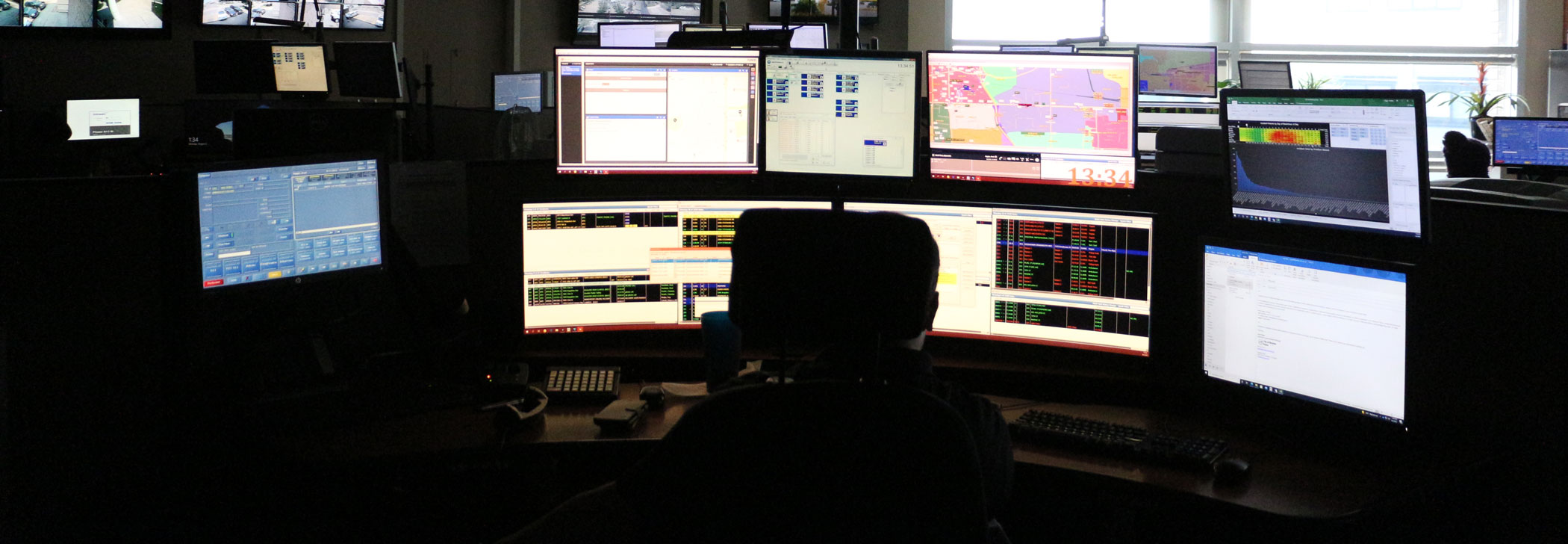Boulder Police and Fire Communications Center answers emergency and non-emergency calls within Boulder city limits 24 hours per day, seven days a week. It is staffed by 25 dispatchers, 2 administrative specialists, 1 systems administrator, 4 supervisors, and a manager. All dispatchers are cross trained for 9-1-1 call taking, Emergency Medical Dispatching, and radio dispatching.
The following resources are dispatched from the center as needed: Police, Fire, EMS, Animal Protection, Code Enforcement, Parking Enforcement and Open Space and Mountain Parks Rangers.
The center is equipped with TDD capability for the hearing impaired and accepts text-2-9-1-1.
The center can also receive livestreaming video from community members.
Prepared 911 from City of Boulder on Vimeo.
